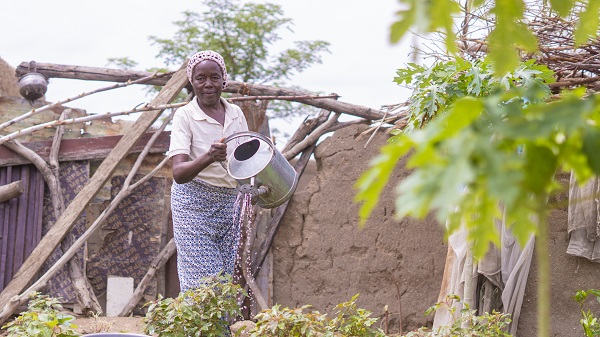
More than 55,000 farmers and herders in Adamawa, Borno and Yobe states have benefited from the Feed the Future Water for Agriculture project supported by the United States Agency for International Development (USAID).
The activity has significantly increased access to water and resulted in over 1,600 farmers adopting improved agriculture production practices.
The scarcity of water resources and limited access to water facilities have been major factors contributing to conflicts between herders and farmers in the northeast. However, the four-year Water for Agriculture activity, implemented by Catholic Relief Services (CRS) and its partners, has played a pivotal role in reducing tensions between communities. Across the three states, the project has successfully constructed and rehabilitated 21 water facilities, including dams, irrigation schemes, boreholes and water retention ponds.
During the closeout event of the project, USAID/Nigeria’s director of economic growth and environment, Michelle Corzine emphasised the importance of water access for consumption and agricultural use. She stated, “Through our Water for Agriculture activity, we have increased access to water for smallholder farmers and livestock herders and strengthened the governance and management of water resources”.
Chairman of the Water Users’ Association in Zobi 2 community, Borno State, Usman Tella Mustapha, shared the benefits they experienced due to the Feed the Future Water for Agriculture activity. He mentioned that they used to walk long distances to fetch water and their livestock suffered during dry seasons. However, with the construction of a new dam that raised the water level, boreholes could now pump water efficiently. Access to clean water within their community has saved time, increased productivity and enhanced their overall well-being.
Agriculture and water resources are crucial for sustainable development and prosperity. However, the impact of climate change poses significant challenges to agriculture and water availability. In response, the United States Government, through USAID, has been actively involved in enabling nearly 60 million people to access safe drinking water and 45 million people to access sanitation globally since 2008. The Water for Agriculture activity in Nigeria is a testament to USAID’s commitment to addressing water scarcity and promoting sustainable water management practices.


